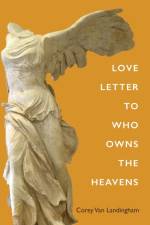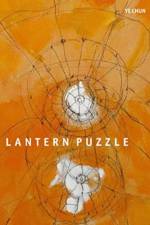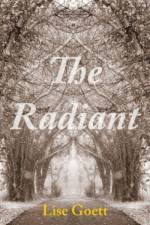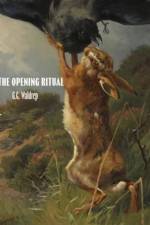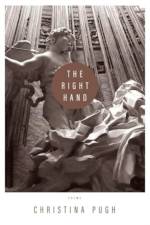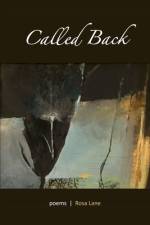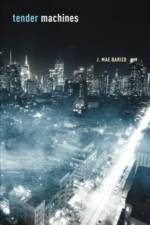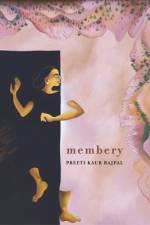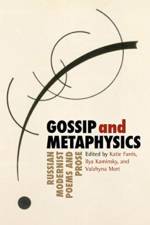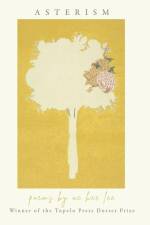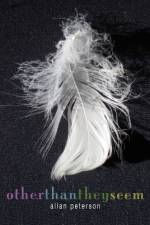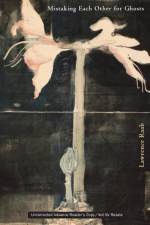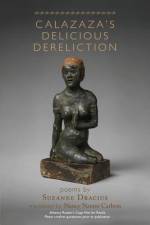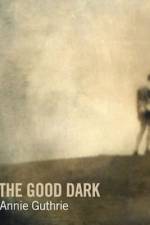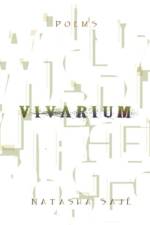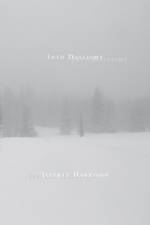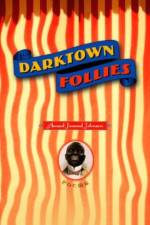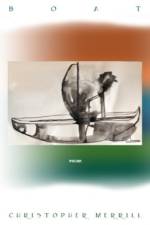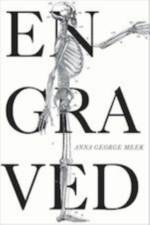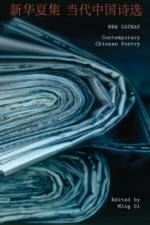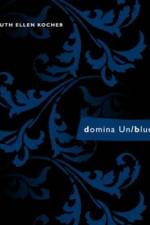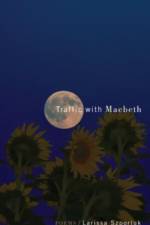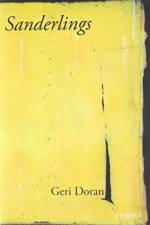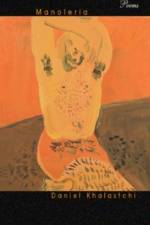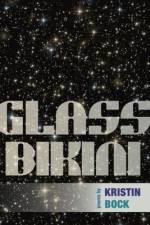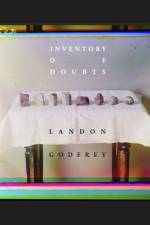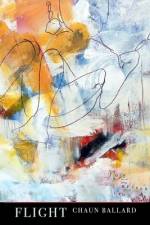- Contemporary Chinese Poetry
av Ming Di
277
The most up-to-date anthology of contemporary Chinese poetry, translated by American poets and edited by the executive editor of the bilingual literary journal Poetry East West. Showcasing the achievement of Chinese poetry in the last twenty years, a time of tremendous literary ferment, this collection focuses on a diversity of exciting poets from the mainland, highlighting Duo Duo (laureate of the 2010 Neustadt International Prize for Literature) and Liao Yiwu (recipient of 2012 Peace Prize of the German Book Trade organization) along with not yet well-known but brilliant poets such as Zang Di and Xiao Kaiyu and younger poets Jiang Tao and Lü Yue. The anthology includes interviews with the poets and a fascinating survey of their opinions on "Ten Favorite Chinese poets" and "Ten Best-Known Western poets in China." Featured poets: Duo Duo, Wang Xiaoni, Bai Hua, Zhang Shuguang, Sun Wenbo, Wang Jiaxin, Liao Yiwu, Song Lin, Xiao Kaiyu, Lü De'an, Feng Yan, Yang Xiaobin, Zang Di, Ya Shi, Mai Mang, Lan Lan, Jiang Tao, Jiang Hao, Lü Yue, Hu Xudong, Yi Lai, Jiang Li, Zheng Xiaoqiong, Qiu Qixuan, and Li Shumin. With translations by Neil Aitken, Katie Farris, Ming Di, Christopher Lupke, Tony Barnstone, Afaa Weaver, Jonathan Stalling, Nick Admussen, Eleanor Goodman, Ao Wang, Dian Li, Kerry Shawn Keys, Jennifer Kronovet, Elizabeth Reitzell, and Cody Reese.

